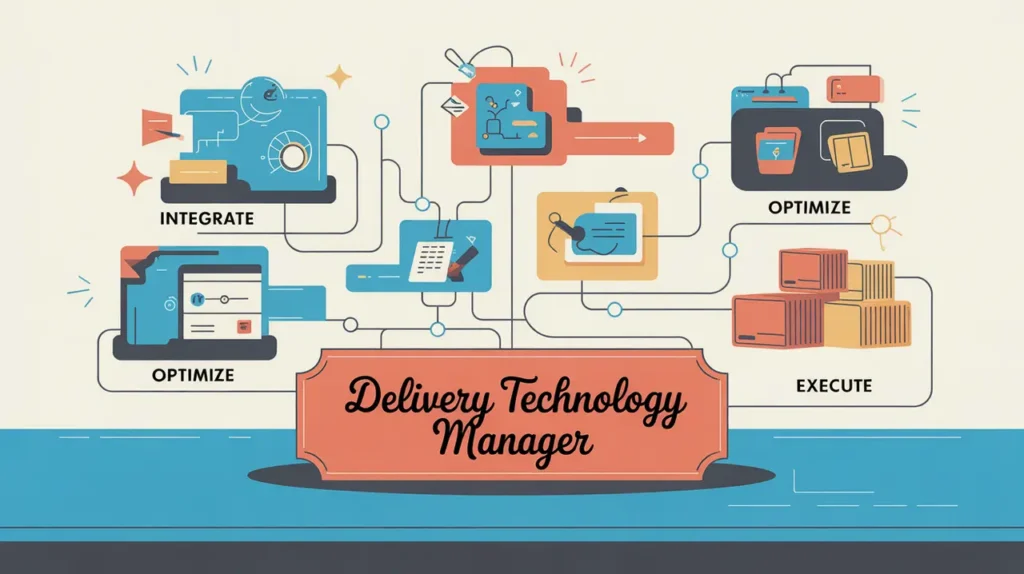What Does the IT Support Assistant Role Involve?
An IT support assistant provides essential technical and administrative support to ensure that an organization’s technology systems run smoothly and efficiently. This includes troubleshooting hardware and software issues, setting up devices, assisting users with technical problems, and maintaining IT records and inventories. The role typically sits within the IT, operations, or systems function and supports staff across all departments. In nonprofits and social enterprises, IT support assistants are critical for maintaining reliable digital infrastructure that underpins daily operations and program delivery.
At What Level does this Role Operate?
Entry Level: This role typically reports to an IT manager, systems officer, or technology lead. It focuses on hands-on support tasks, issue resolution, and maintenance activities that ensure IT systems are operational and secure.
Relative Employability: IT support assistant roles are in steady demand across all sectors, including nonprofits and social enterprises, as organizations rely heavily on technology for communication, data management, and service delivery. These roles offer strong entry points into IT careers.
Relative Pay Scale: IT support assistant roles sit within entry-level pay bands, reflecting their focus on support and maintenance functions.
What are the Key Responsibilities and Activities?
- Provide first-line technical support to staff, responding to help desk requests and troubleshooting issues with hardware, software, or networks
- Install, configure, and maintain computers, printers, and other devices
- Assist with onboarding new staff by setting up accounts, devices, and access permissions
- Maintain accurate records of IT assets, support requests, and issue resolutions
- Support routine maintenance of systems, networks, and security tools
- Escalate complex technical problems to IT specialists or external vendors when required
- Provide basic training or guidance to staff on using IT systems and tools effectively
- Contribute to documenting IT procedures and updating knowledge bases
What Core Competencies and Qualifications are Needed?
Required Qualifications and Experience
The following reflect common qualifications and experience expected for this role, while recognizing that pathways may vary by context, organization, and region.
- Academic background in information technology, computer science, or related fields, or equivalent professional experience
- Familiarity with common operating systems, productivity software, and basic networking concepts
- Strong problem-solving skills and attention to detail
- Good communication skills for supporting users with varying technical abilities
- Ability to work collaboratively with IT teams and non-technical staff
- Commitment to data security and responsible IT practices
Key Competencies
- Technical troubleshooting and problem resolution
- Hardware and software setup and maintenance
- User support and training
- Documentation and asset management
- Basic networking and security awareness
- Time management and task prioritization
How are AI and Automation Shaping this Role?
An AI-native IT support assistant will look to AI and automation to enhance their ability to resolve issues quickly, manage requests efficiently, and improve user experiences. They can use AI-powered help desk tools to suggest solutions, automate routine troubleshooting steps, and generate responses to common support queries. Automation can handle tasks like system updates, account provisioning, and scheduled maintenance. By integrating these tools, IT support assistants can focus more on problem solving and proactive system support.
What Career Pathways and Transferable Skills are Associated with this Role?
IT support assistant roles can lead to positions such as IT officer, systems administrator, cybersecurity specialist, or IT manager. The skills developed in troubleshooting, user support, systems maintenance, and security awareness are highly transferable across nonprofits, social enterprises, and private sector organizations. This role provides a strong foundation for progressing into more technical or strategic IT roles.







